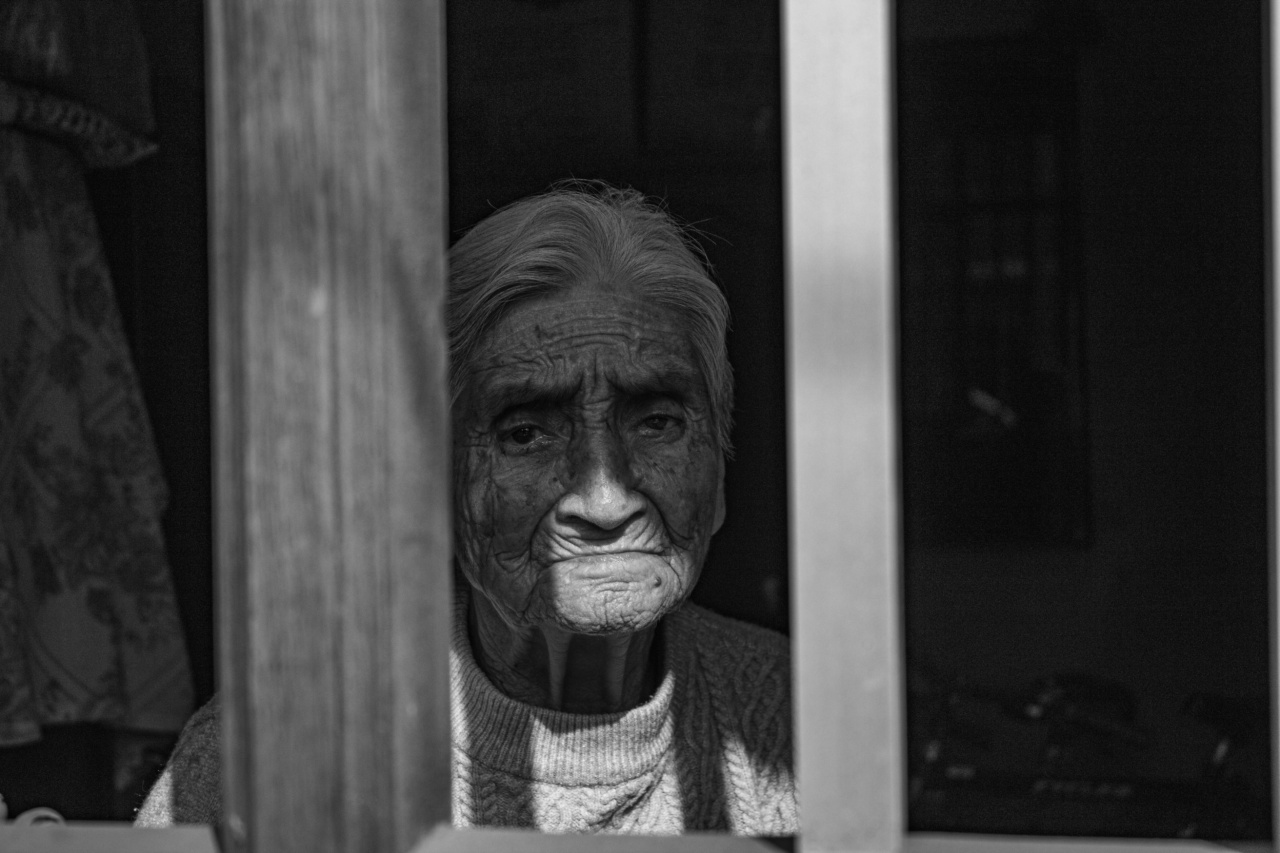Your liver is one of the most crucial organs in your body, responsible for various functions like filtering blood, detoxifying harmful substances, and producing bile for digestion.
When you experience liver pain, it can be an indicator of an underlying condition or injury that requires immediate medical attention. Recognizing the symptoms of serious liver pain can help you seek appropriate treatment and prevent further complications.
1. Abdominal Pain
One of the primary symptoms of liver pain is abdominal discomfort or pain. This pain can vary in severity and may be described as a dull ache or a sharp stabbing sensation.
The location of the pain is typically in the upper right side of the abdomen, just beneath the ribcage. The intensity of the pain may increase after eating a fatty meal or consuming alcohol.
2. Jaundice
Jaundice is a condition characterized by yellowing of the skin, eyes, and mucous membranes. When the liver is unable to process bilirubin, a yellow pigment produced during the breakdown of red blood cells, it builds up in the body and leads to jaundice.
If you notice a yellowish tint to your skin or eyes, it may be a sign of liver dysfunction.
3. Dark Urine
If your urine appears darker than usual and has a deep amber or brown color, it could be indicative of liver problems. The liver plays a crucial role in filtering waste products from the blood, including bilirubin, which gives urine its yellow color.
When the liver is not functioning properly, bilirubin levels increase, leading to changes in urine color.
4. Pale Stools
In contrast to dark urine, liver dysfunction can also cause your stools to become pale or clay-colored. Bile, a digestive fluid produced by the liver, gives stool its characteristic brown color.
When the liver is not functioning adequately, the production of bile may be affected, resulting in pale stools.
5. Fatigue and Weakness
Liver pain can cause feelings of fatigue and weakness due to the organ’s role in energy metabolism. When the liver is damaged or inflamed, it may not adequately store and release glucose, leading to decreased energy levels.
Additionally, toxins that accumulate in the body due to liver dysfunction can also contribute to feelings of fatigue.
6. Loss of Appetite and Weight Loss
People with serious liver pain may experience a loss of appetite and unintentional weight loss. The liver plays a crucial role in digestion, producing bile to break down fats and absorbing nutrients.
When the liver is affected, it can disrupt the digestive process, leading to a decreased desire to eat and subsequent weight loss.
7. Swelling and Fluid Retention
Liver pain can cause swelling in the abdomen and lower extremities. This swelling, known as edema, occurs due to fluid retention resulting from liver damage. The liver is responsible for producing proteins and maintaining fluid balance in the body.
When its function is compromised, fluid can accumulate in various areas, leading to swelling.
8. Mental Confusion and Difficulty Concentrating
In more severe cases of liver dysfunction, symptoms may extend beyond physical manifestations. Hepatic encephalopathy is a condition characterized by mental confusion, difficulty concentrating, and changes in behavior.
This occurs due to the buildup of toxins in the brain that the liver would typically filter out.
9. Nausea and Vomiting
Liver pain can also lead to nausea and vomiting. When the liver is unable to process toxins effectively, it can result in gastrointestinal disturbances.
These symptoms may be more pronounced after consuming fatty or greasy foods since the liver plays a crucial role in bile production, aiding in digestion.
10. Skin Itching
Intense itching of the skin, medically known as pruritus, can be a symptom of serious liver pain. The accumulation of bile salts in the bloodstream, resulting from liver dysfunction, can cause itching sensations throughout the body.
The itching is often more severe in the hands and feet.


























